In the intricate world of finance and investment, the term "credit crunch" can send shivers down the spines of investors and financial professionals alike. A credit crunch is a severe disruption in the availability of credit or loans in the financial system, often resulting from a sudden tightening of lending standards or a decrease in the willingness of lenders to extend credit. In this article, we will explore what a credit crunch is, its causes, effects, and the implications it holds for investors in the context of investment.
What is a Credit Crunch?
A credit crunch, also known as a credit squeeze or credit crisis, occurs when there is a sharp reduction in the supply of credit or loans available in the financial system. This means that individuals, businesses, and even governments find it challenging to secure financing from banks, financial institutions, or credit markets. Credit crunches often lead to a significant contraction in economic activity, as borrowing becomes scarce and expensive.
Key Characteristics of a Credit Crunch:
1. Reduced Lending: Banks and financial institutions become more cautious about extending credit, leading to a decrease in the overall volume of loans issued.
2. Tightened Lending Standards: Lending criteria become more stringent, making it difficult for borrowers to meet the requirements for obtaining credit.
3. **Higher Interest Rates:** Interest rates on loans and credit lines typically rise during a credit crunch due to increased demand for the limited available credit.
4. Economic Contraction: Credit crunches can have a cascading effect on economic growth, as reduced borrowing and investment can lead to decreased consumer spending, business expansion, and job creation.
Causes of a Credit Crunch:
Credit crunches can be triggered by a variety of factors, including:
1. Financial Crises: Severe financial crises, such as the global financial crisis of 2008, can lead to a sudden loss of confidence in the financial system, prompting banks to curtail lending.
2. Deteriorating Asset Quality: A significant increase in loan defaults or a decline in the value of assets held by financial institutions can erode their capital reserves, limiting their ability to lend.
3. Tightening Monetary Policy: Central banks may raise interest rates to combat inflation, making borrowing more expensive and leading to reduced credit availability.
4. Regulatory Changes: New regulations or changes in banking rules can impact lending practices and lead to a credit crunch.
5. Market Sentiment: Negative market sentiment or fear of economic instability can lead investors to withdraw funds from financial institutions, further straining their ability to lend.
Implications for Investors:
Credit crunches have profound implications for investors in various ways:
1. Market Volatility: Credit crunches can lead to increased market volatility, resulting in fluctuations in stock prices, bond yields, and other financial assets.
2. Reduced Investment Opportunities: As borrowing becomes scarce, businesses may cut back on investments, potentially limiting growth opportunities for investors.
3. Risk Assessment: Investors should carefully assess the credit quality of their investments, as companies with high debt levels or those dependent on credit may face financial challenges during a credit crunch.
4. Diversification: Diversifying investments across asset classes and regions can help mitigate risks associated with credit crunches.
5. Safe-Haven Investments: During periods of economic uncertainty, investors may seek safe-haven assets such as U.S. Treasuries or gold.
6. Opportunities: While credit crunches pose risks, they can also present investment opportunities, particularly in sectors or companies with strong balance sheets and liquidity.
Government and Central Bank Responses:
Governments and central banks often respond to credit crunches by implementing measures to stabilize the financial system and restore confidence. These measures may include:
1. Interest Rate Cuts: Central banks may lower interest rates to stimulate borrowing and economic activity.
2. Liquidity Support: Providing financial institutions with access to emergency liquidity to ensure they can meet their short-term obligations.
3. Bank Bailouts: In some cases, governments may bail out troubled banks to prevent systemic collapse.
4. Regulatory Changes: Implementing new regulations or oversight to prevent similar crises in the future.
In conclusion, a credit crunch is a severe disruption in the availability of credit in the financial system, often caused by various economic and financial factors. Investors should be vigilant during such periods, carefully assessing the impact on their investment portfolios and considering strategies to manage risks. Understanding the causes and implications of credit crunches is essential for making informed investment decisions in a dynamic and ever-changing financial landscape.

